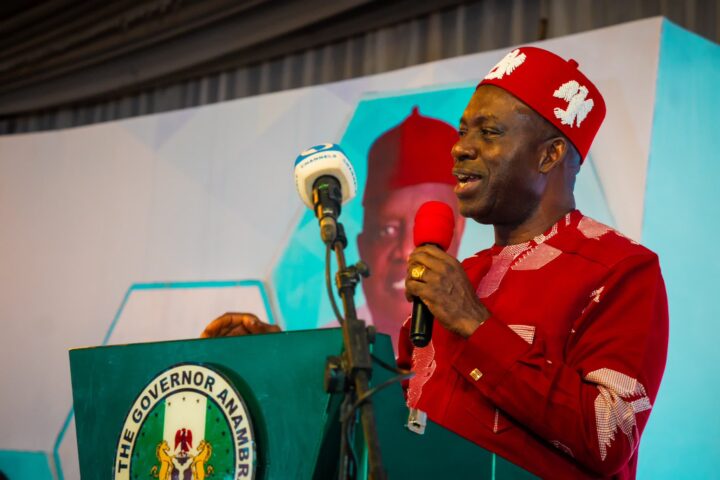In 2022, when Professor Chukwuma Soludo assumed office as the new governor of Anambra State, he urged citizens to “pay your fair share of tax and other levies and try us.” However, what ensued was a proliferation of business-unfriendly fiscal policies and a multitude of taxes, leaving Ndi Anambra grappling with burdensome levies and economic challenges.
Despite the governor’s promise of delivering governance with a humane and progressive approach, the reality in Anambra today paints a different picture. The state faces a plethora of taxes imposed on both businesses and individuals, hindering the path to prosperity. Many citizens, especially the poor, find themselves subjected to regressive taxes disproportionate to their earnings.
Commercial drivers and Keke operators, for instance, are burdened with monthly payments exceeding N20,000, despite their meager incomes. Even petty traders are not spared, as the government now demands taxes from Point of Sale (POS) operators, further exacerbating the plight of struggling individuals in the face of rising unemployment.
Moreover, the state has witnessed the emergence of aggressive tax collectors resorting to archaic methods such as physical intimidation, wielding horsewhips and cutlasses to coerce residents into compliance. Instead of addressing pressing infrastructure needs like road networks and waste management, the government prioritizes imposing more taxes on the populace.
Despite the heavy taxation, Anambra cities continue to grapple with pollution and poor sanitation, contradicting promises of urbanization and improved amenities. Soludo’s vision for enhancing power supply through agreements with electricity distribution companies remains unfulfilled, disappointing the hopes of Ndi Anambra.
Critics argue that Soludo’s tenure reflects his theoretical prowess as an economist without practical application. His track record, including the controversial banking sector recapitalization during his tenure as CBN governor, raises questions about his leadership approach. Despite warnings of financial instability, his policies led to bank closures, necessitating a massive bailout to salvage the financial system.
As the burden of multiple taxation persists, Ndi Anambra seek a progressive alternative leadership characterized by vision and empathy. They yearn for a leader who prioritizes societal welfare over suffocating tax regimes, fostering harmony and progress in the state.
In conclusion, Governor Soludo and his Tax Brigade must heed the calls of Ndi Anambra and reconsider their approach to taxation, allowing citizens to breathe and thrive.


